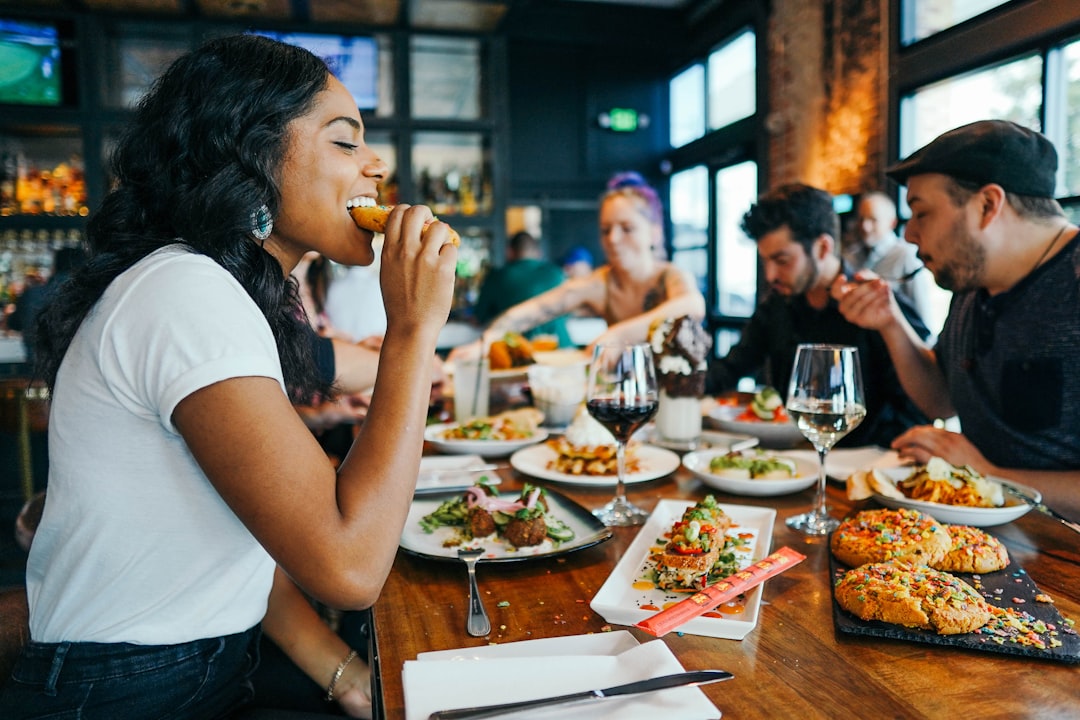Social norms and eating animals
What they are and how they help and hinder farmed animal advocacy
What you eat matters, maybe. But it matters not so much because of its immediate impacts on animals, the environment, or public health, but because what you eat influences what other people eat. This follows from the more general idea that what we do influences and is influenced by what others do. Human beings are profoundly social creatures. We care a lot about what others think of us and often take our cue from them in deciding what to do. We are normative animals, and social norms shape our behavior more than we like to admit. You are not just what you eat, you are what others eat.

Animal advocacy has long focused on individual behavior as a vehicle of social change. Raise awareness, change people’s beliefs and attitudes, and behavior will follow, first individually and then collectively. The problem is, there are many loose links in this otherwise attractive picture. Normality is incredibly resilient, and normalizing bad behavior can forestall progress. By the same token, however, normalizing new trends can support their acceptance. Back in 2017, Adam Bear and Joshua Knobe wrote in the New York Times that
things, simply by becoming more common, become more acceptable. (The same holds true for gay marriage, or gender reassignment surgery, or any other controversial institution or practice that becomes more widespread.)
We can use social norms for ill or good. Thankfully, a more precise account of the mechanisms of social norms can explain how they can also contribute to social change. In a new report written for Mercy For Animals, Zoe Griffiths, Courtney Dillard, and I explore this question and provide guidance to animal advocates. I began making the case for a social norms approach to animal protection in 2018. As I wrote then,
Eating meat is normal. This means that the problem cannot simply be addressed as a problem of attitudinal change. If we can reverse engineer both the current state of affairs regarding animals and relevantly similar examples of social change, then we might uncover potent social tools.

In our report, we review a range of recent evidence and give concrete recommendations that we hope will steer research and interventions in new directions. Social norms, we explain, are a kind of double-edged sword. Ultimately, however, we believe that they are low-hanging fruit and one of the more promising areas for effective advocacy.
Social norms are a promising but neglected lever in animal advocacy. Many studies in recent years describe the effect of appeals to different kinds of norms on consumer behavior, including eating meat. Social norms are both problems and solutions for animal advocates: They act as a drag on social change but provide leverage for effective interventions.
Our recommendations to individuals include
Know and use your position in your “reference network.”
Let others know about your dietary choices.
Frame your diet as part of an emerging new norm rather than one that breaks with current norms.
You can read more and download the report here.


